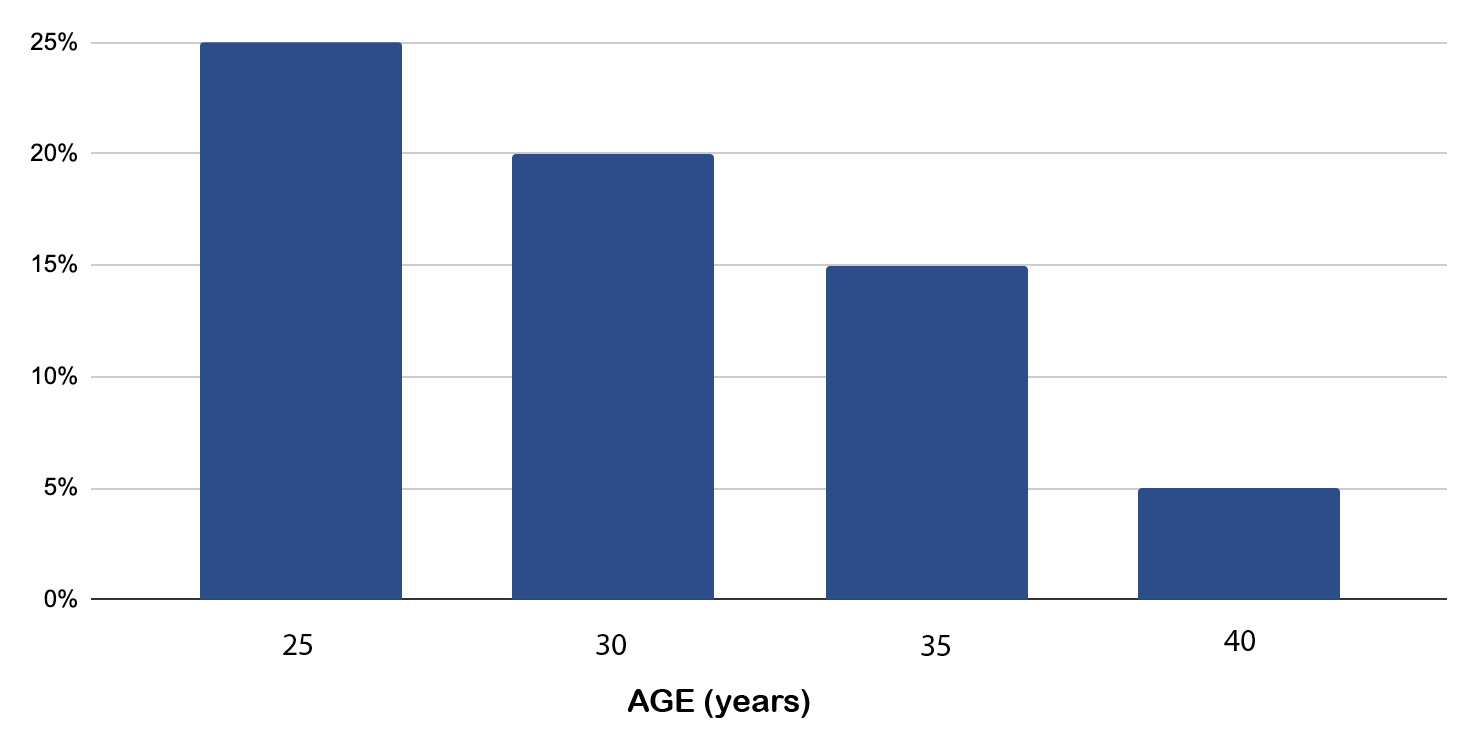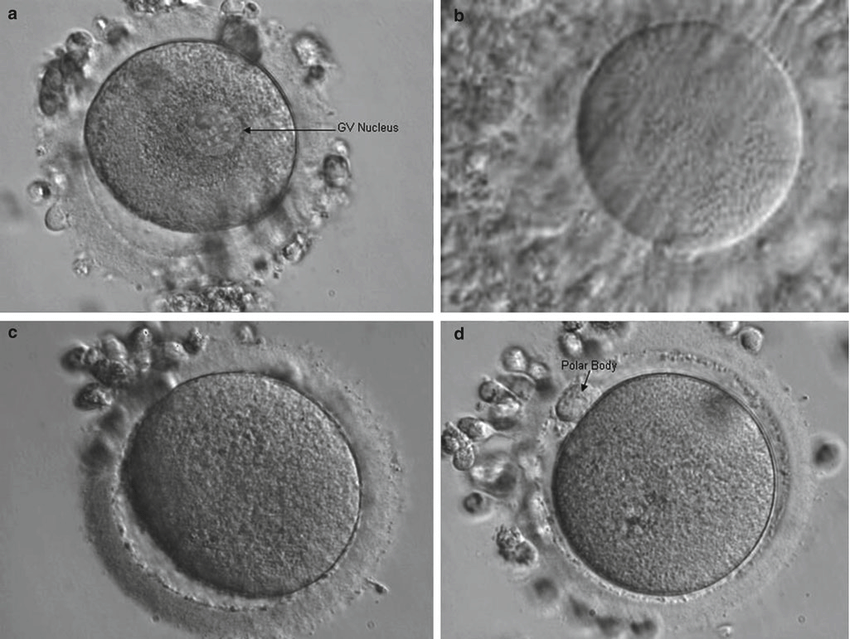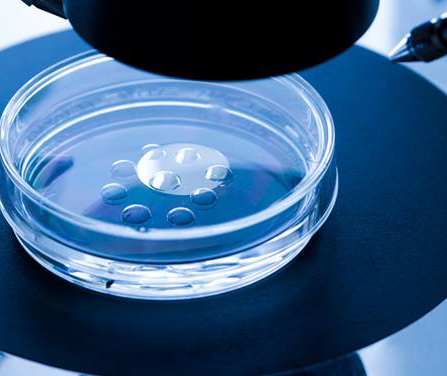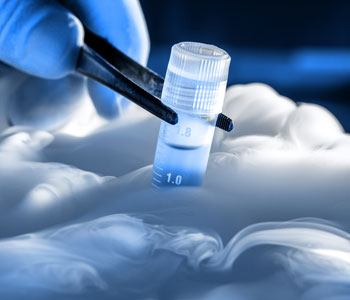
Why Freeze?
Why Freeze?
Why Freeze?
Egg freezing provides women a means to pause the biological clock, preserving egg quality for when you’re ready to become a parent.
Egg freezing is an option if you’d like a family in the future but aren’t ready for one at this time. The process enables you to preserve your young and healthy eggs until you are ready to begin growing your family.
The egg freezing process can sound intimidating and there are a lot of unknowns if you’re not familiar with the topic. In this guide, we’ll go over what egg freezing is, the overall process, and the financial investment.
What is Egg Freezing?
Egg freezing or oocyte cryopreservation is when the eggs are harvested from a patient’s ovaries and stored for use at a later time. At the age of 25, a patient has a high number of normal eggs and a high likelihood of conceiving. When a patient reaches 45, the number of ovarian eggs decreases and they have a lower chance of being genetically normal. It is also more difficult for a patient of that age to get pregnant. Speaking with a specialist as soon as you start to think about freezing your eggs is important, especially if you’re younger. The younger you are, the better quality of eggs you will have. A woman’s peak reproductive time is between ages 16-28. You can still retrieve acceptable eggs from ages 29-37, but the quality of the eggs will go down from ages 37-44.
Why Would I Want to Freeze My Eggs?
There are other reasons you may want to freeze your eggs, other than not being ready to have a family:
- A patient has a health condition that interferes with their fertility, such as an autoimmune disease or sickle cell anemia
- A patient has cancer that requires chemotherapy
- The patient may be going through in vitro fertilization
- Age: You’re over 30, and you haven’t met the right partner
- Social reasons: You’re not ready now, but you want a biological child someday
When you freeze your eggs, you can use the sperm from your partner or a donor in order to conceive a child. Once you have a fertilized egg, it can be implanted in your uterus or in a gestational carrier.

Fertility statistics by age: Monthly chance of natural pregnancy
Fertility statistics by age: Monthly chance of natural pregnancy
As a woman ages, her chance of natural pregnancy drops from around 25% at age 25 to less than 5% at age 40.
The truth about natural fertility and age: while women under 30 have about 25% chance of getting pregnant naturally each cycle, that chance drops to 20% for women over 30, according to estimates by the American Society for Reproductive Medicine. By 40, the chance of getting pregnant naturally each month is just 5%.
Egg Freezing Process
While you may have heard of it, you may wonder how the egg freezing process works. In your initial visits, you should expect the doctor to ask you about your medical history, especially fertility, inquire after your menstrual cycle, and conduct blood tests to check your hormone levels.
The egg retrieval and freezing process include the following stages:
In addition to the hormone injections, you might also take birth control pills for a month or more before you begin the treatment. Birth controls help the hormone injections work more effectively.
Your doctor will require blood tests done regularly to see how the hormone treatments are doing and if your ovaries are ready for egg retrieval. You may also have an additional ultrasound to see how the eggs are developing.
Pricing
Pricing
Start financing with just $1,000 down:
6 Month Financing
$1,133
12 Month Financing
$579
18 Month Financing
$403
24 Month Financing
$314
36 Month Financing
$214
Accepted Insurance Plans
“Our wounds are often the openings into the best and most beautiful part of us.”
Our financial team works directly with representatives at your insurance company so you don’t have to deal with it yourself. We will ask you for your policy information and contact them ourselves. Our office will let you know before you come in for your first appointment how much you should expect the treatment to cost.






